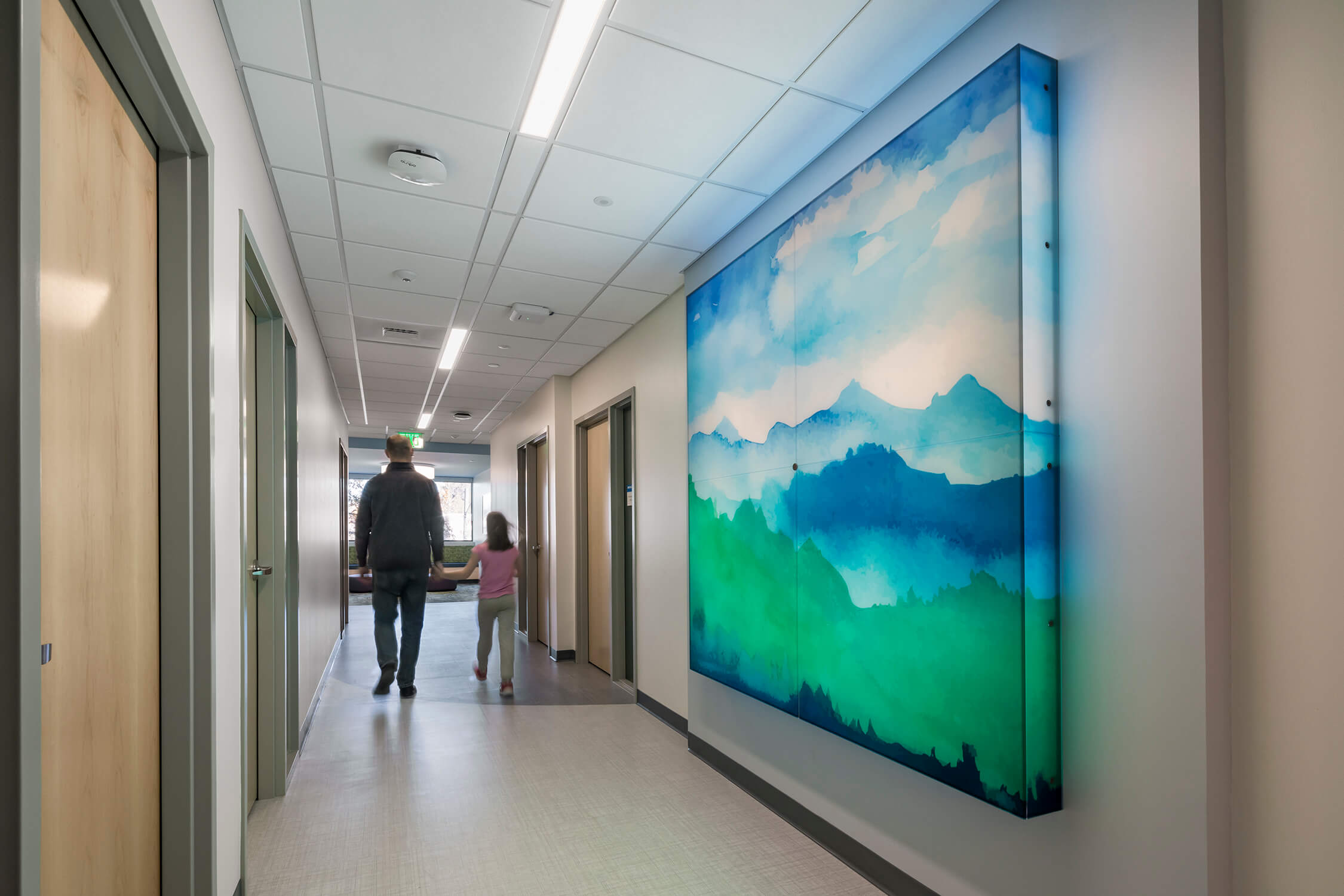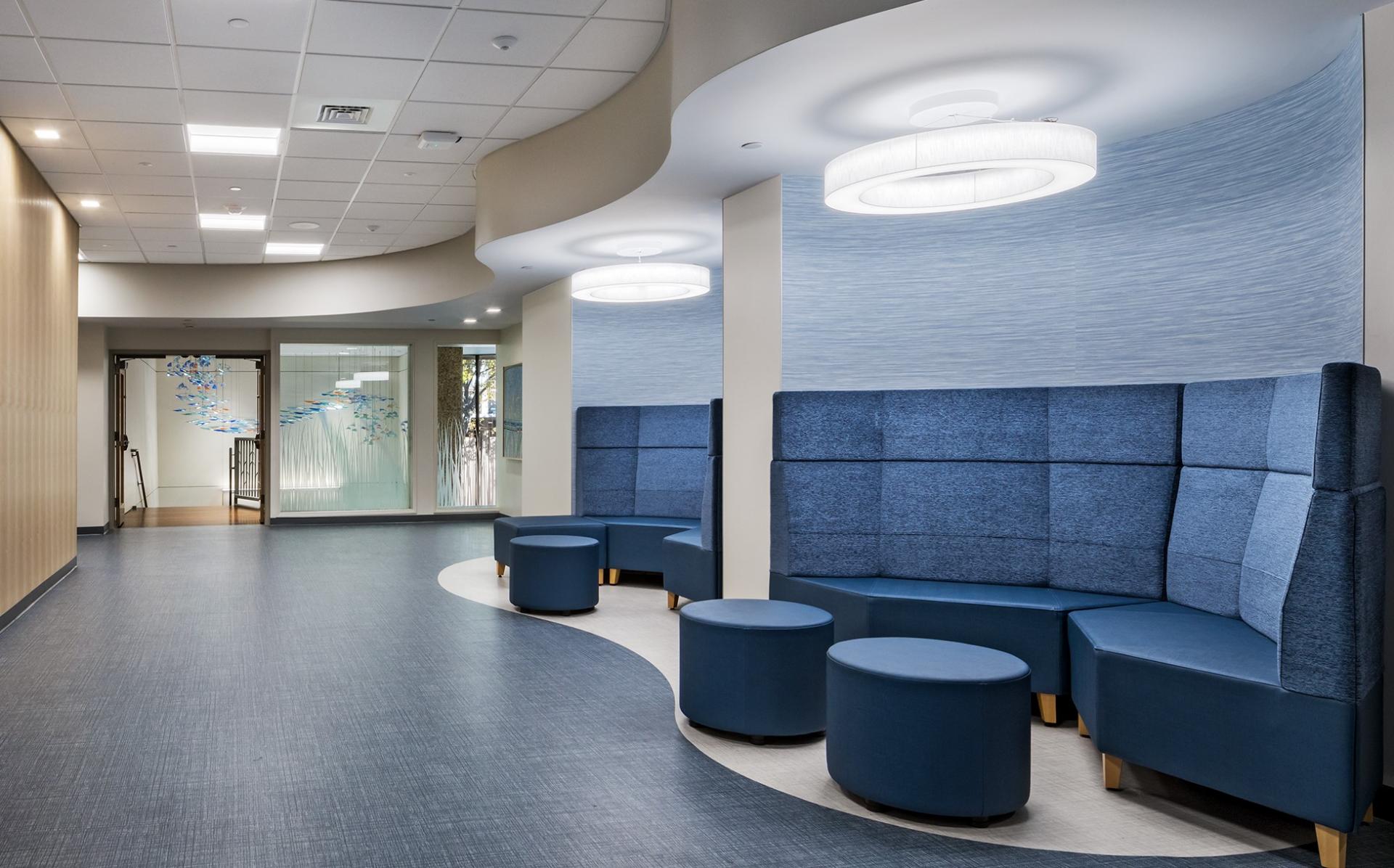

Yale child study center autism manual#
Up to 20 subjects 9-17 years of age who directly enroll into this study, who meet the current Diagnostic and Statistical Manual for Mental Disorders (DSM-IV-TR) diagnostic criteria for Autistic Disorder (AD), screened by the SCQ and confirmed by the ADI-R.Subjects who initially qualified for 00103 screening, who subsequently failed Baseline entrance criteria for randomization 1) Baseline assessment of the ABC eligibility requirement who continue to meet eligibility requirements.Currently in the 00102 open label study and continue to meet eligibility requirements.Completion of the Sponsor's 00103 Study who continue to meet eligibility requirements.

Age between 3 and 8 years, inclusive, at the time of signing informed consent/assent in Sponsor 00103 Study.Why Should I Register and Submit Results?.

Future studies are required in ASD to explore further dose-effect relationships of melatonin on sleep problems and autistic behavioral impairments.Īnalytical variability autism autism spectrum disorder (ASD) autistic behavioral impairments circadian rhythm concentration-effect relationship dose-response effect melatonin pharmacokinetics tolerability. A more thorough consideration of factors influencing melatonin pharmacokinetics could illuminate the best use of melatonin in this population. In conclusion, melatonin represents currently a well-validated and tolerated treatment for sleep disorders in children and adolescents with ASD. In addition, no major melatonin-related adverse effect was described in typical development and ASD. It appears that the effects of exposure to exogenous melatonin are dependent on age, sex, route and time of administration, formulation type, dose, and association with several substances (such as tobacco or contraceptive pills). The objective of this article is to review factors influencing treatment response and possible side effects following melatonin administration. Importantly, melatonin may also have a role in improving autistic behavioral impairments. Therapeutic benefits of melatonin on sleep disorders in ASD were observed, notably on sleep latency and sleep quality. However, melatonin's effects in ASD and the choice of formulation type require further study. Reduced melatonin secretion has been reported in ASD and led to many clinical trials using immediate-release and prolonged-release oral formulations of melatonin. The role of melatonin has been extensively investigated in pathophysiological conditions, including autism spectrum disorder (ASD). 13 Pediatric Sleep Unit, Inserm U1028, University of Lyon 1, 69000 Lyon, France.12 Pôle Hospitalo-Universitaire de Psychiatrie de l'Enfant et de l'Adolescent (PHUPEA), Université de Rennes 1 and Centre Hospitalier Guillaume-Régnier, 35000 Rennes, France.11 School of Medicine of Rennes, University of Rennes 1, 35000 Rennes, France.10 Laboratoire d'Hormonologie, Inserm U846, Centre de Médecine Nucléaire, Hospices Civils de Lyon, 69677 Bron, France.9 Child and Adolescent Psychiatry Department, Robert Debré Hospital and University of Paris, 75019 Paris, France.8 Integrative Neuroscience and Cognition Center (INCC), CNRS UMR 8002 and University of Paris, 75006 Paris, France.7 Neurim Pharmaceuticals Ltd., Tel Aviv 69710, Israel.6 Sleep Disorders Center & CIRCSom (International Research Center for ChronoSomnology), Strasbourg University Hospital, 67000 Strasbourg, France.5 CNRS UPR 3212, Institute for Cellular and Integrative Neurosciences, 67000 Strasbourg, France.4 Department of Child and Adolescent Psychiatry, Strasbourg University Hospitals, 67000 Strasbourg, France.3 Child Study Center, Yale University School of Medicine, New Haven, CT 06520, USA.2 Inserm, CIC 1414 (Clinical Investigation Center), 35033 Rennes, France.



 0 kommentar(er)
0 kommentar(er)
